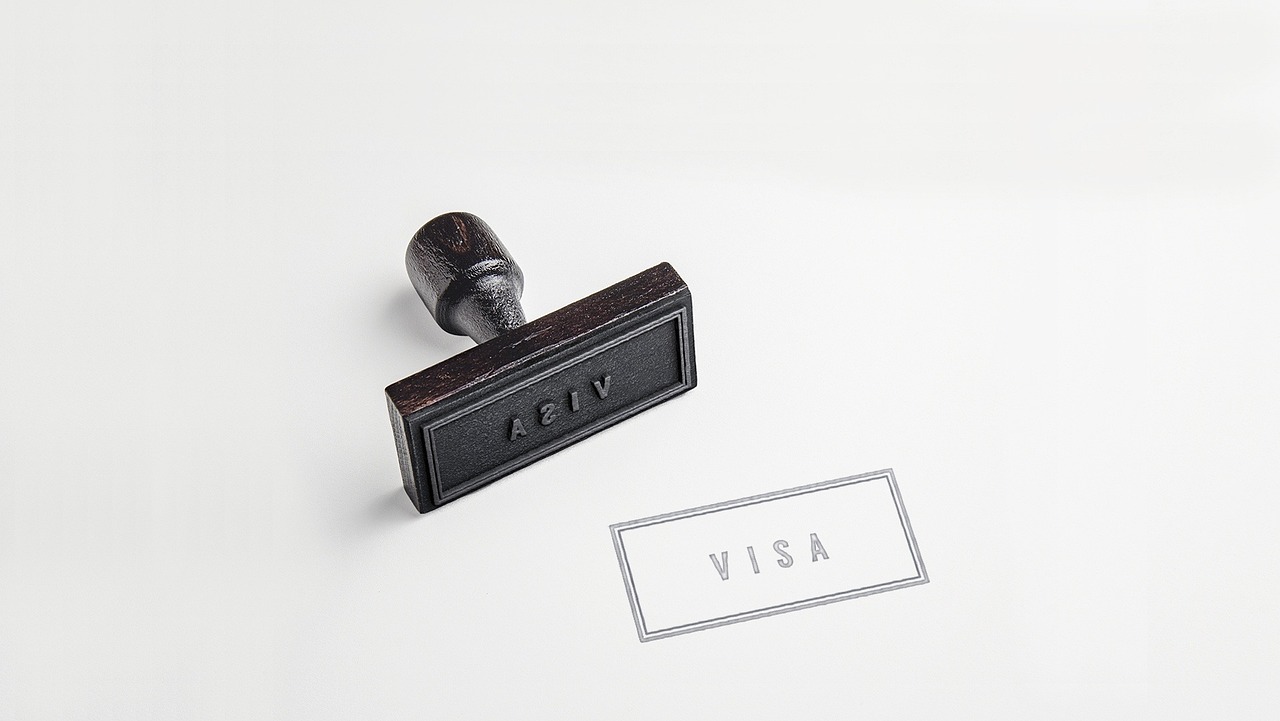Trump’s $100K H-1B Visa Fee: Why Indians Call It an Attack on Merit

The announcement of a $100,000 annual fee for H-1B visa sponsorship has sent shockwaves through India and the global tech community. Marketed as “immigration reform,” this policy from the Trump administration is being seen as a direct blockade against global talent, and Indians—who make up a large share of H-1B recipients—are among the most affected.
What the Policy Means
The H-1B visa is the main pathway for skilled professionals to work in the U.S., especially in fields like IT, engineering, healthcare, and research. With this sudden spike in fees, companies will have to pay $100,000 annually for every H-1B employee they sponsor.
For multinationals, this may be manageable. But for startups, universities, and mid-sized firms, the cost is crushing. It discourages them from hiring skilled foreign workers and leaves talent pipelines restricted to the wealthiest corporations.
Why Indians Are Concerned
India has historically been the largest source of H-1B visa holders. Thousands of Indian professionals, particularly in tech and engineering, have moved to the U.S. through this program—helping build companies from Silicon Valley to Wall Street.
Now, the new fee makes that dream nearly impossible for many. It blocks young graduates, innovators, and researchers from accessing opportunities in America, regardless of their merit. As a result, countries like Canada, Australia, and the EU are likely to benefit by attracting the very talent the U.S. is pushing away.
The Bigger Picture
Critics argue that the move is less about protecting American jobs and more about political showmanship. U.S. businesses themselves have repeatedly acknowledged their reliance on international talent to remain globally competitive.
By pricing out diversity, the U.S. risks:
-
Weakening innovation ecosystems built on multicultural collaboration.
-
Pushing companies to offshore operations rather than bring talent in.
-
Eroding America’s image as a land of opportunity and fairness.
Voices from India
From the perspective of an ordinary Indian citizen, the fee feels deeply unfair:
-
It punishes ambition—merit is no longer enough, money decides opportunity.
-
It hurts families who depend on remittances from H-1B workers.
-
It blocks collaboration that has defined Indo-U.S. relations for decades.
As one Indian student said on social media: “This isn’t reform—it’s rejection. America was built by immigrants, and now it’s slamming the door in our faces.”
Final Word
Charging $100,000 per year for H-1B sponsorship is not just bad policy—it is a blow to meritocracy and fairness. For India, it means lost dreams and opportunities. For America, it means losing the very talent that has helped it stay ahead in innovation.
If the U.S. continues down this path, global talent will simply find other destinations—and America will be left watching from the sidelines.
Image by Jaydeep Joshi from Pixabay
Leave a Reply